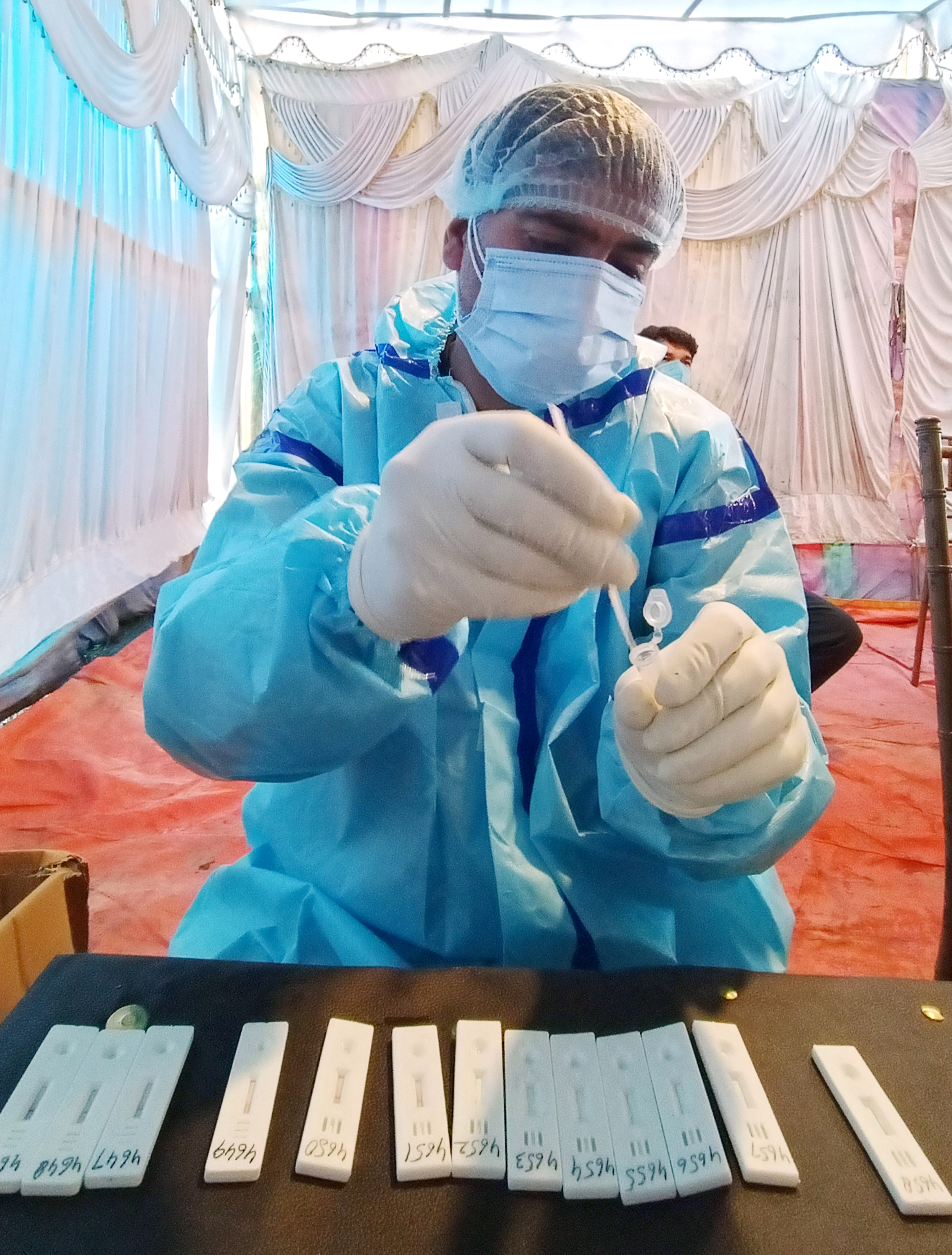More resources are needed for health and health facilities, pharmaceuticals and medical equipment.
A crisis provides the necessity and opportunity to reform. We now have not one but three crises of a virus-hit economy, expensive crude oil and war threats at multiple global locations. As a patriotic citizen, honest taxpayer and conscientious voter, I have the following humble suggestions to make to reduce Budget deficit and inflation so that more resources become available for health and other essential services mentioned at the end:
1. To improve tax compliance, simplify tax structure and make it easy for both direct and indirect taxpayers and entities of all categories to file their tax returns. A simple process should make it possible to automate assessment and provide online refunds immediately without manual intervention, thus also reducing staff requirement. The tax authorities can then focus on big data, analytics and artificial intelligence to ferret out tax evaders and thus improve upon the abysmally low percentage of population in the tax net. Quick resolution of tax disputes without legal recourse is essential for ease of doing business. An incentive like a cashback or a government services priority pass or a unique reward should be offered to honest taxpayers for early correct payment of taxes and filing of returns.
2. The grey economy needs to be drawn into the formal economy. While GST has been a major reform, demonetisation hit the terrorists and Naxalites, but was less effective against black money because most of the unaccounted wealth is hidden as gold and land assets, often benami. Regulation of gold trade and money lending; digitisation of land records and proof of source of funds would gradually reduce this problem.
3. Corruption is a cancer that destroys the economy. Transparent crowd sourced or public financed electioneering expenses and disqualification of unethical candidates and their proxies through an efficient quasi-judicial mechanism under the election commission is necessary. Corruption otherwise gets institutionalised from the top.
4. Petroleum import is the biggest contributor to inflation, trade deficit and pollution. Other than the present shift towards green energy, policy reform and financial incentives are needed to find green alternatives to petroleum derived products like plastics, petrochemicals and fertilisers.
5. Food grains, fruits and vegetables wastage can be tackled by setting up farmer cooperatives similar to milk cooperatives. These will help farmers with better inputs, training, cold storage, logistics, better returns, while controlling food price inflation and helping consumers. India can be a major food and seafood exporter.
Expenditure has been reduced by sealing leakages through direct payment to individuals and cutting subsidies and privatisation of PSUs. More resources are needed for health and health facilities, pharmaceuticals and medical equipment. Employment generation needs to be increased by allocating resources for education and skilling, infrastructure and logistics, agriculture technology and food processing, textiles and garments, strategic industries and defence production.
Dr P.S.Venkatesh Rao, is Consultant Endocrine, Breast & Laparoscopic Surgeon, Bengaluru.

